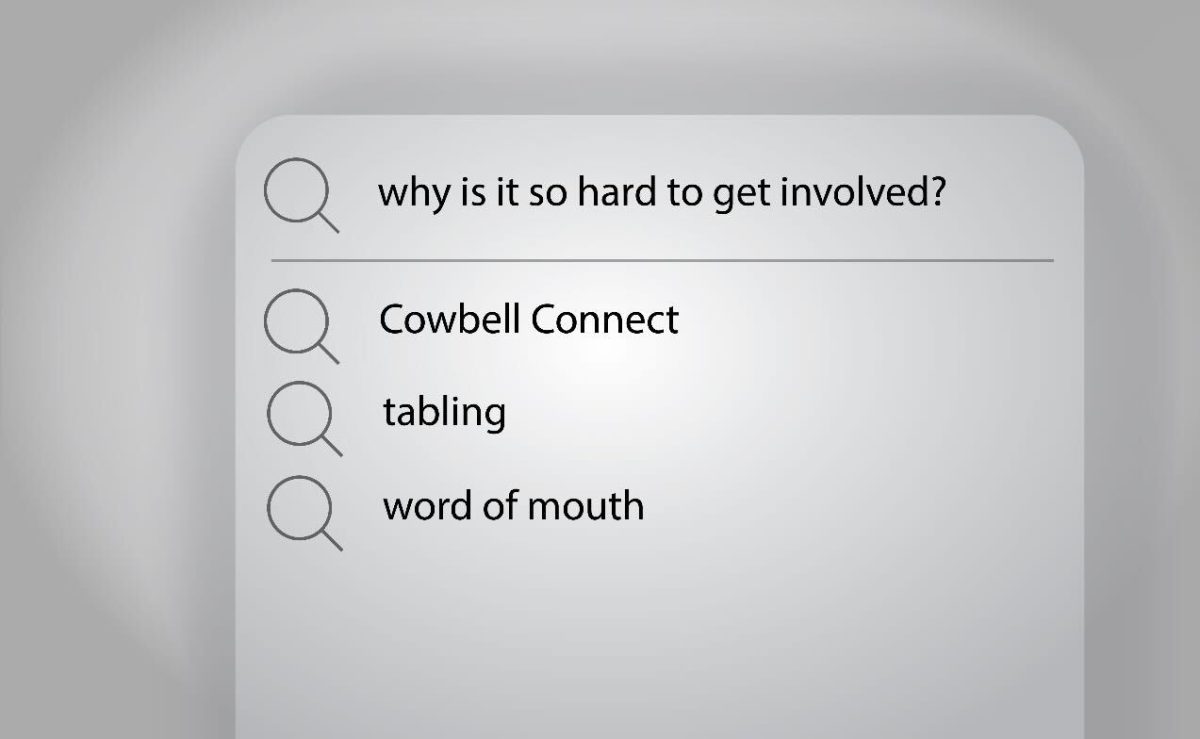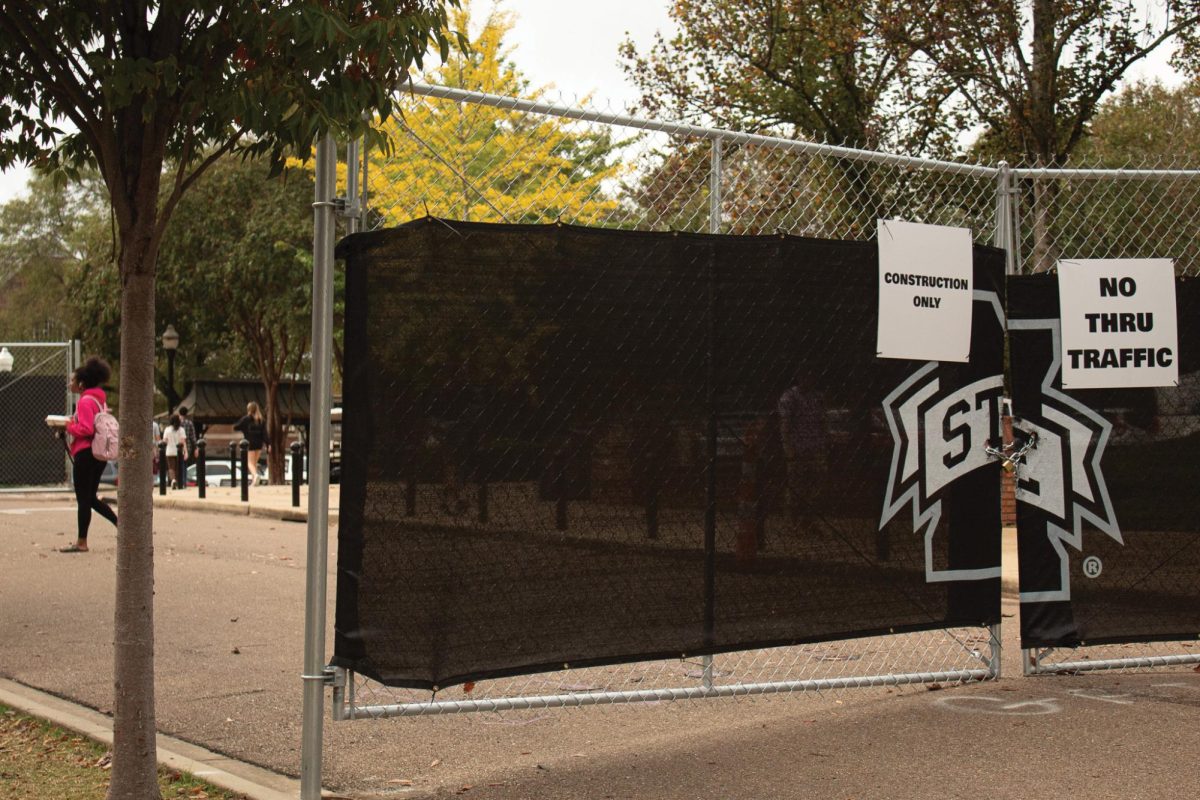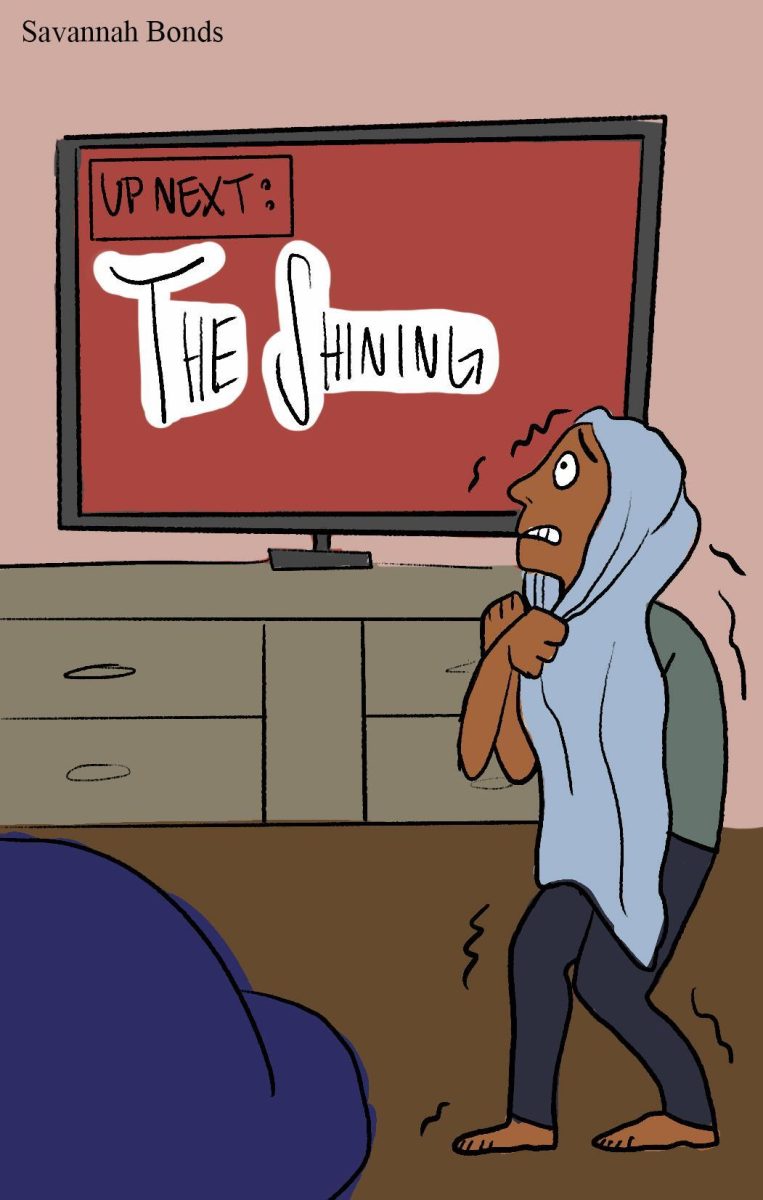It is a common view in many churches and denominations that women should not be pastors. According to Halee Gray Scott with Christianity Today, only one in 11 Protestant pastors are women. With this being said, the Religious News Service reports 77.8% of Americans polled would support having female priests or clergy in their church.
So, why do many individuals and churches still not encourage female pastors?
The verse these individuals and groups hold so tightly onto is 1 Timothy 2:12-14: ”I do not permit a woman to teach or to assume authority over a man; she must be quiet. For Adam was formed first, then Eve. And Adam was not the one deceived; it was the woman who was deceived and became a sinner.”
Standing alone, this verse certainly seems to support women not preaching, but in context, it does not. 1 Timothy was written by the Apostle Paul to Timothy, a friend and coworker of Paul, who was in Ephesus at this time. According to The Bible Project, during the time period in which the letter from Paul was written, false teachings were being preached at the church of Ephesus.
Timothy’s role was to guide the church away from these teachings and back into the light of Christ. For instance, the ministers of the church were teaching that God did not want them to eat meat or marry. Timothy came to correct these false teachings.
Part of Timothy’s action plan to help the church of Ephesus is to encourage prayer for leaders and peace. Paul emphasizes many of the men were influenced by the corrupt teaching of the church and began to engage in angry debates about the teachings. He indicates these men need to be devoted to prayer. Then, Paul addresses the women of the church. The rich women in the church of Ephesus have been dressing extravagantly and shaming the poorer members of the church. These women have also been sharing false teachings.
Paul, then, forbids these women to preach and compares them to Eve in verse 13. As Eve was deceived in Genesis, the women in Ephesus were also deceived by the false teachings and fell into sin.
It is easy to conclude these verses in Timothy mean all women should not preach, when taken out of context, but when the reader understands the context and history of Paul’s letter to Timothy, the truth becomes clearer. These verses emphasize the importance of teaching the truth—something which the women of the church of Ephesus were not doing. Therefore, it makes sense for Paul to forbid these women from preaching.
It is also important to note, Paul clearly does not prohibit female pastors.
In fact, in Acts 2:17-18, he quotes a passage from Joel about God pouring out his Spirit on all men and women to prophesy. “In the last days, God says, I will pour out my Spirit on all people. Your sons and daughters will prophesy, your young men will see visions, your old men will dream dreams. Even on my servants, both men and women, I will pour out my Spirit in those days, and they will prophesy,” Paul says.
In the video, “Does God Favor a Gender,” by Ravi Zacharias, Zacharias reminds viewers that after Christ’s resurrection, Jesus first revealed Himself to women at His tomb.
According to Zacharias, “all of Easter hangs on the testimony of womankind whom He [Jesus] trusted the entire Gospel.”
The very first evangelists after Christ’s resurrection were women. These women shared the truth of Christ’s resurrection to the Apostles, all of whom were men, which was then spread to the rest of the world. Many other women in the Bible preached such as Priscilla, Phoebe, Junia, Deborah and numerous others.
If the role for women to preach was not accepted or approved of by Christ, then the very first evangelists after his resurrection would not have been women.
Romans 12:6-8 says, “We have different gifts, according to the grace given to each of us. If your gift is prophesying, then prophesy in accordance with your faith; if it is serving, then serve; if it is teaching, then teach; if it is to encourage, then give encouragement; if it is giving, then give generously; if it is to lead, do it diligently; if it is to show mercy, do it cheerfully.”
Christ has blessed each and every one of us with our own individual gifts. This verse expresses that. It does not say: If your gift is prophesying, prophesize, except those who are women. It does not say: If your gift is teaching, teach, except those who are women. There is no difference. It does not matter, as long as the truth of Christ is being spoken.
























































































